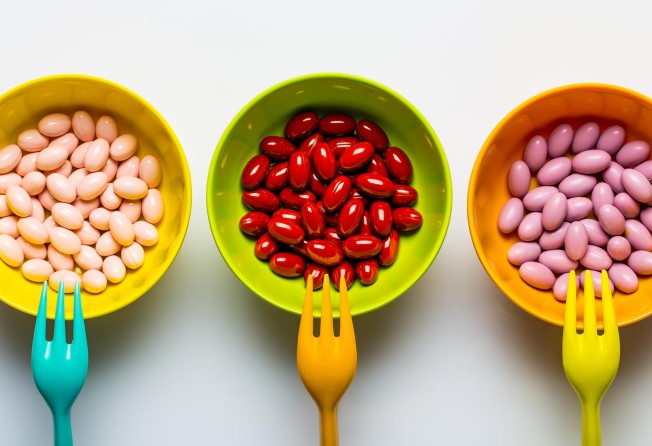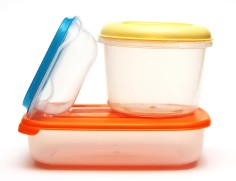
Why you need a treadmill at your desk, and pill boosts exercise tolerance
A treadmill workstation could reduce shoulder and neck pain associated with computer work

Suplement boosts muscle stamina in animal studies: There may be a way to improve exercise tolerance, researchers at Duke Medicine have found. Reporting last week in the journal Cell Metabolism, they focused on a metabolic enzyme called carnitine acetyltransferase (CrAT), which uses the micronutrient carnitine to boost the energy economy within mitochondria, the tiny engines of cells. Engineered mice that lacked the CrAT gene tired earlier during various exercise tests compared to a group of mice with the gene, because their muscles had more difficulty meeting the energy demands of the activity. The researchers then introduced a carnitine supplement. Exercise tolerance improved only in animals with the gene, implying that carnitine and CrAT work together to optimise muscle energy metabolism during exercise. It remains to be seen if these results will hold true in humans, say the scientists. "This work is not meant to imply that everyone should be taking carnitine supplements," says the study's senior author Deborah Muoio. "We need to consider underlying genetics, lifestyle factors and acquired conditions."

Taking the pain out of office work: Treadmill workstations could help reduce the neck and shoulder muscle pain associated with computer work that will affect one in 10 office workers at some point. "Even though office workers may not naturally see it that way, their body is basically their work instrument, just as it is for an athlete," says kinesiology researcher Julie Côté of McGill University, a former Canadian national runner. "It can get injured in similar ways and for similar reasons: overuse of certain muscles." In her study, test subjects were made to complete a 90-minute typing task while walking or sitting, while they measured muscle activity in the neck, shoulders, forearms, wrists and lower back. It was found that there was lower but more variable neck and shoulder muscle activity when subjects were walking compared with sitting, all of which translates into less discomfort. Côté's solution to reducing muscle pain for office workers: minor movements and adjustments of position every few minutes.

Two chemicals increasingly used to strengthen plastic wrap, soap, cosmetics, and processed food containers have been linked to a rise in risk of high blood pressure and diabetes in children and adolescents. The compounds are di-isononyl phthalate (DINP) and di-isodecyl phthalate (DIDP), both in a class of chemicals known as phthalates, according to a new series of studies by New York University's Langone Medical Centre. Ironically, the two chemicals replaced another chemical banned in Europe since 2004, di-2-ethylhexylphlatate (DEHP), which has similar adverse effects. Lead investigator Leonardo Trasande says there are "safe and simple" steps families can take to limit exposure to phthalates: don't microwave food in plastic containers; wash plastic food containers by hand instead of in the dishwasher, where harsh chemicals can lead to increased leaching of plasticisers into food. Also, avoid using plastic containers labelled on the bottom with the numbers 3, 6 or 7 (inside the recycle symbol), in which chemicals such as phthalates are used.